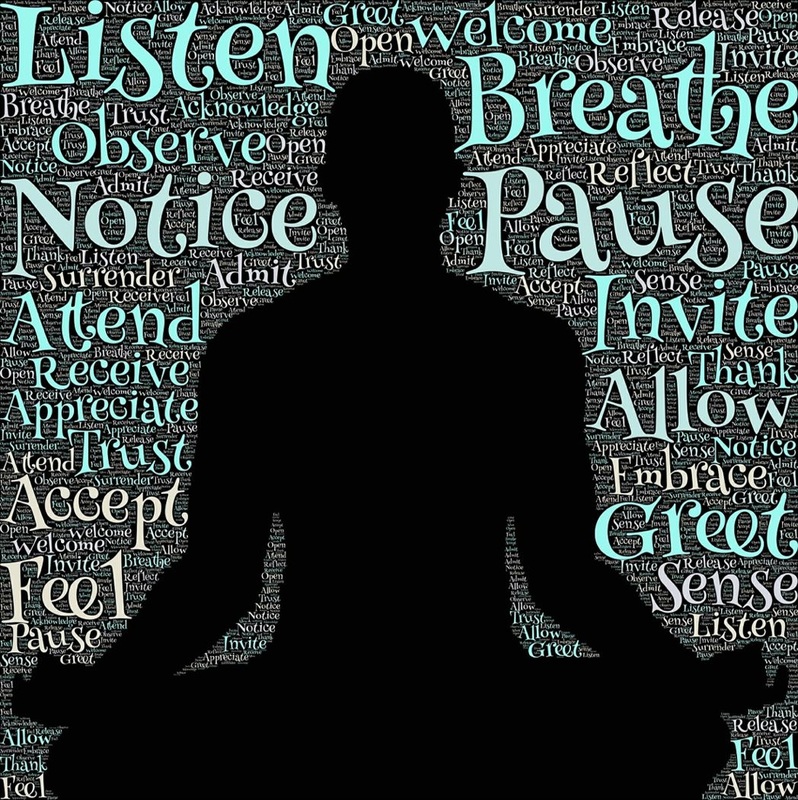|
Our minds are lost in thought 47% of the time according to a recent Harvard study.
The constant mind wandering is a direct cause of our unhappiness. This is tragic! Especially when you can do something about it. Mindfulness is a scientifically proven approach to resolving this issue. What is Mindfulness?
|
Author:
|

 RSS Feed
RSS Feed
